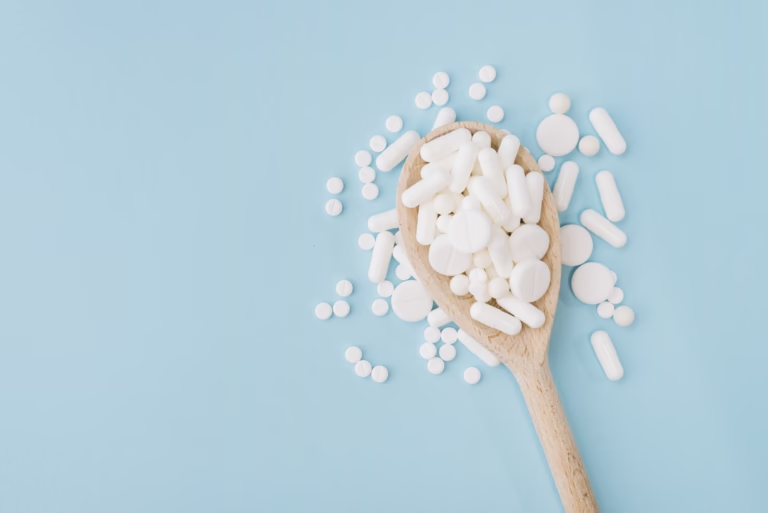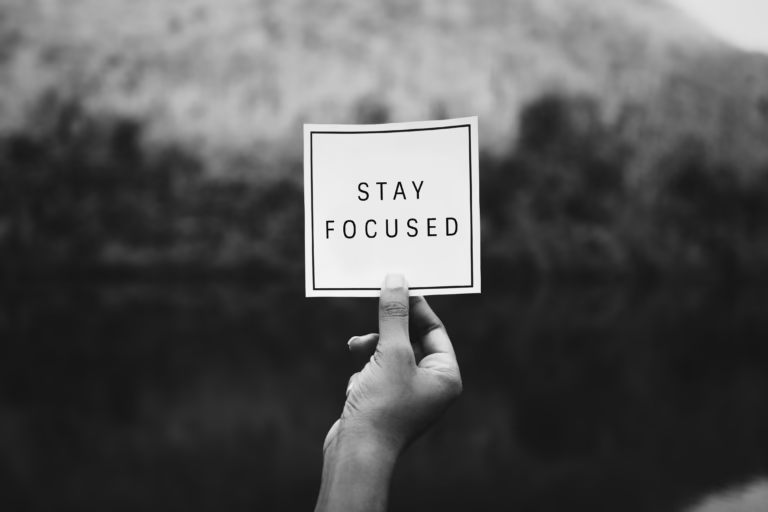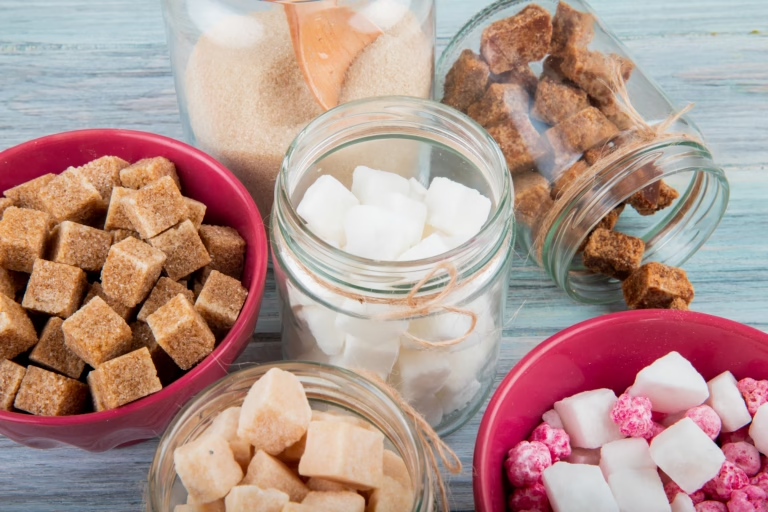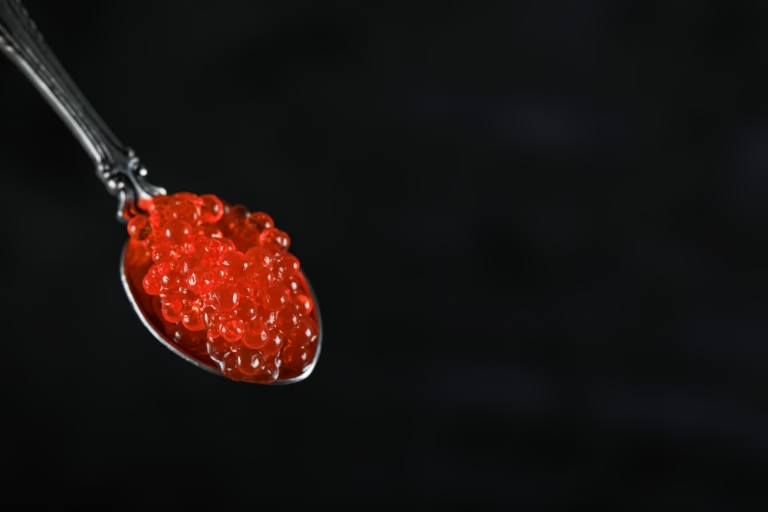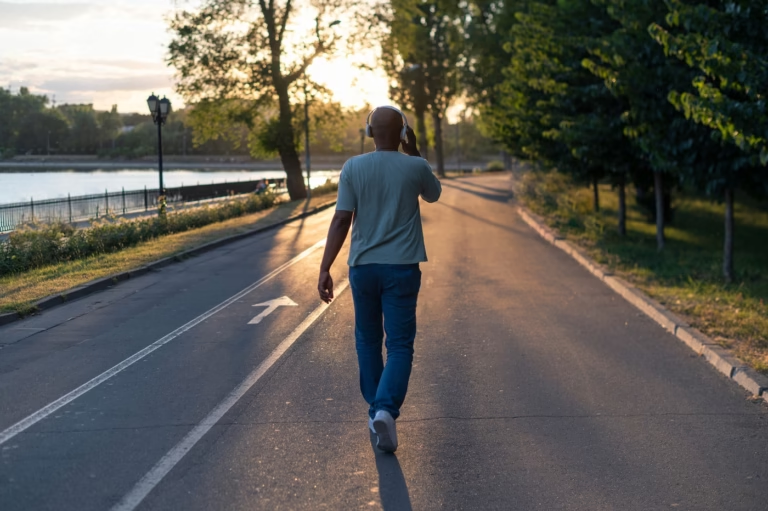Vitamin D & Sunlight: Why it’s Important Than You Think
When we think about staying healthy, we usually focus on diet, sleep, and exercise. But there’s one vital element that often gets overlooked: sunlight—and specifically, the vitamin D our bodies make when exposed to it.
Why Vitamin D Deserves the Spotlight
Vitamin D is more than just a nutrient. It acts like a hormone and plays a powerful role in overall health. It helps the body absorb calcium and phosphorus—minerals that support strong bones and teeth. Without it, bones can become brittle or misshapen. In fact, a lack of vitamin D has been linked to rickets in children and osteoporosis in older adults (source).
But vitamin D does much more than support bone strength. It strengthens the immune system, reduces inflammation, and supports brain function. Low levels have also been associated with depression and other mood disorders (source). In addition, vitamin D supports muscle control and may help prevent falls in seniors (source). In short, your body needs vitamin D to stay balanced, energized, and strong.
How We Produce Vitamin D From Sunlight
Our bodies make vitamin D when UVB rays from the sun hit the skin. A compound called 7-dehydrocholesterol absorbs the UVB radiation and converts into pre-vitamin D3. Body heat then transforms it into the active form—vitamin D3.
However, this process depends on many factors. Skin tone, time of day, season, and your location all play a role. People with darker skin tones, for example, have more melanin. While this offers natural sun protection, it also reduces vitamin D production. As a result, they often need more sun exposure to make the same amount of vitamin D as someone with lighter skin (source).
How Much Sunlight Do You Need for Vitamin D?
For most people, short periods in the sun are enough. Experts suggest that fair-skinned individuals get 10 to 15 minutes of direct midday sunlight (between 10 AM and 3 PM), two to three times per week. People with darker skin may need up to 30 minutes under the same conditions.
The amount also depends on where you live. Those closer to the equator get more UVB exposure and need less time in the sun. People living in northern regions may struggle to make enough vitamin D in winter. That’s because the sun’s angle reduces the amount of UVB that reaches the Earth.
Is Vitamin D From Sun Enough?
In many cases, yes. Vitamin D from the sun is the most efficient source. Just a short session outdoors can help your body produce over 10,000 IU of vitamin D—much more than what you get from food.
Most foods contain small amounts. For example, 3 ounces of cooked salmon has around 450 IU. A cup of fortified milk contains only 100 IU. Adults typically need between 600 and 800 IU per day. If you rely on food alone, it’s hard to meet that target. Sunlight, however, offers a natural and powerful solution.
The Sunscreen Dilemma: Does It Block Vitamin D?
Many people wonder if sunscreen blocks vitamin D production. The short answer is yes, but not completely. Sunscreen filters UVB rays, which your body needs to make vitamin D. That said, most people don’t apply sunscreen perfectly or reapply it often enough. So, their skin still absorbs some UVB rays.
A 2019 study in the British Journal of Dermatology found that even with sunscreen, the skin can still make vitamin D—especially under normal usage conditions.
To find balance, consider exposing your skin to the sun for 10–20 minutes before applying sunscreen. This approach allows your body to produce vitamin D and still stay protected during longer outdoor activities.
Why Natural Sunscreen Is the Smarter Choice
Not all sunscreens are created equal. Many conventional sunscreens contain synthetic chemicals like oxybenzone and octinoxate, which have been linked to hormone disruption, skin irritation, and environmental harm—especially to marine ecosystems.
A 2020 review in The Journal of Cosmetic Dermatology raised concerns about chemical filters. It recommended switching to mineral-based sunscreens due to their lower risk of endocrine disruption.
That’s why more people are choosing natural sunscreens like the Tallow Zinc Sunbalm from Shrine Cosmetics. This balm blends non-nano zinc oxide, a natural mineral UV filter, with grass-fed tallow, known for its deeply nourishing and skin-compatible properties. Zinc oxide works by sitting on the surface of your skin, where it physically blocks UVA and UVB rays—without being absorbed into the bloodstream.
Unlike chemical filters, it doesn’t interfere with your body’s ability to produce vitamin D when used properly. Apply the balm after a short, unprotected sun session to allow for vitamin D synthesis, then let the mineral barrier shield you from excessive UV exposure.
What sets this sunscreen apart is its simplicity:
- Only a few ingredients you can actually pronounce
- No synthetic preservatives, fragrances, or emulsifiers
- Skin-soothing properties from grass-fed tallow, rich in fat-soluble vitamins A, D, E, and K
- Zero plastic packaging—perfect for conscious consumers
This product isn’t just safer for your skin; it supports your body’s natural processes, making it an ideal companion for those looking to balance vitamin D production with mindful sun protection.
🧴 Try it for yourself: Tallow Zinc Sunbalm by Shrine Cosmetics—safe, simple, and sun-smart. (You can also use code happy10 at checkout for 10% off your order).
What Happens If You Don’t Get Enough Vitamin D?
Vitamin D deficiency is common—especially in people who work indoors, live far from the equator, or avoid sun exposure. If your body doesn’t get enough, you may feel tired or weak. You may also experience frequent illness, bone pain, or even mood swings.
Studies link low vitamin D levels to serious health issues, including autoimmune diseases, cardiovascular disease, and certain types of cancer (source).
Deficiency may also contribute to Seasonal Affective Disorder (SAD). This condition often appears during fall and winter when there’s less sunlight. Research suggests a link between SAD, low vitamin D, and reduced serotonin levels in the brain (source).
The Other Benefits of Sunlight
Vitamin D isn’t the only reason to spend time outdoors. Natural light helps regulate your circadian rhythm, the internal clock that manages your sleep-wake cycle. Getting some morning sunlight can improve your alertness during the day and help you sleep better at night.
Sunlight also boosts serotonin, a brain chemical that promotes feelings of well-being and happiness. That’s why sunny days often feel more energizing and uplifting. If you feel low or sluggish, a short walk in the sun could give you a natural mood boost.
Final Thoughts: Balance Is Key
Vitamin D is essential to your health, and sunlight is the best natural source. To stay balanced, aim for short, regular periods of unprotected sun exposure. If you’ll be outside for longer, protect your skin with a natural sunscreen.
During winter months or if you live in low-sunlight areas, consider taking a supplement or eating vitamin D-rich foods. The key is to give your body what it needs—without putting your skin at risk.
Protect Your Skin, Naturally
Use this all-natural mineral sunscreen to shield your skin while letting your body produce the vitamin D it needs. It’s gentle, safe, and effective—for both you and the environment. (Use code happy10 at checkout for 10% discount on your complete order).
If you found this post helpful, you might also enjoy our article on 10 Hidden Superfoods You Should Definitely Add to Your Diet. It explores various nutrient-rich foods that can enhance your diet and support overall health—perfect if you’re looking to take your wellness to the next level.
Subscribe to our newsletter below to keep up to date with our science backed health tips!
Thanks for reading, and don’t forget to catch some sun (safely)!
This article contains affiliate links. That means I may earn a small commission if you make a purchase through one of these links – at no extra cost to you.


